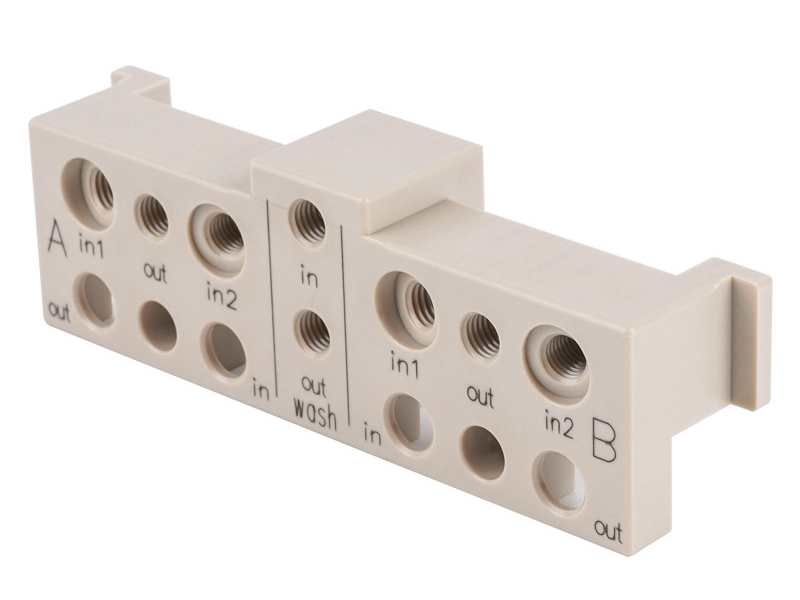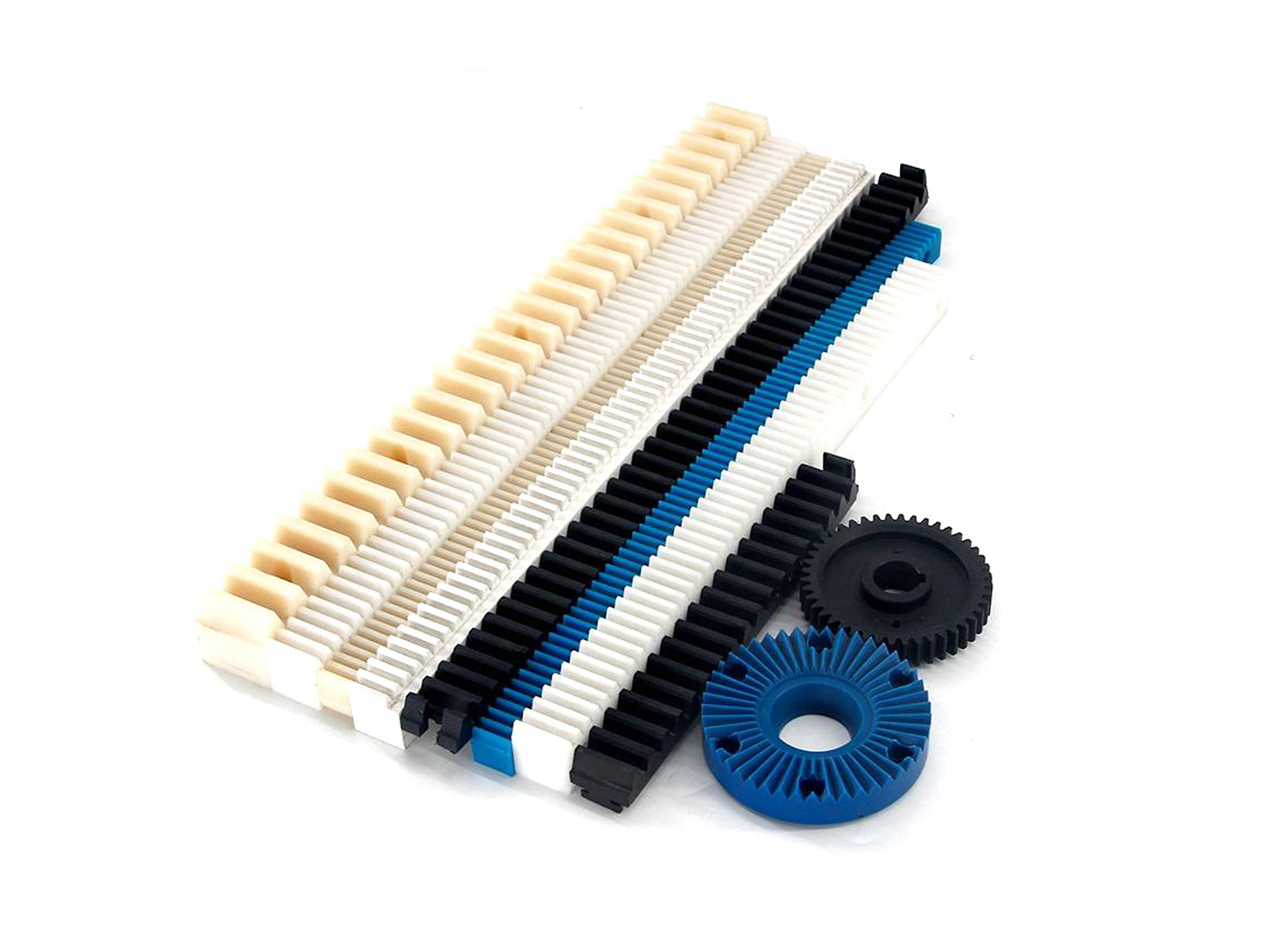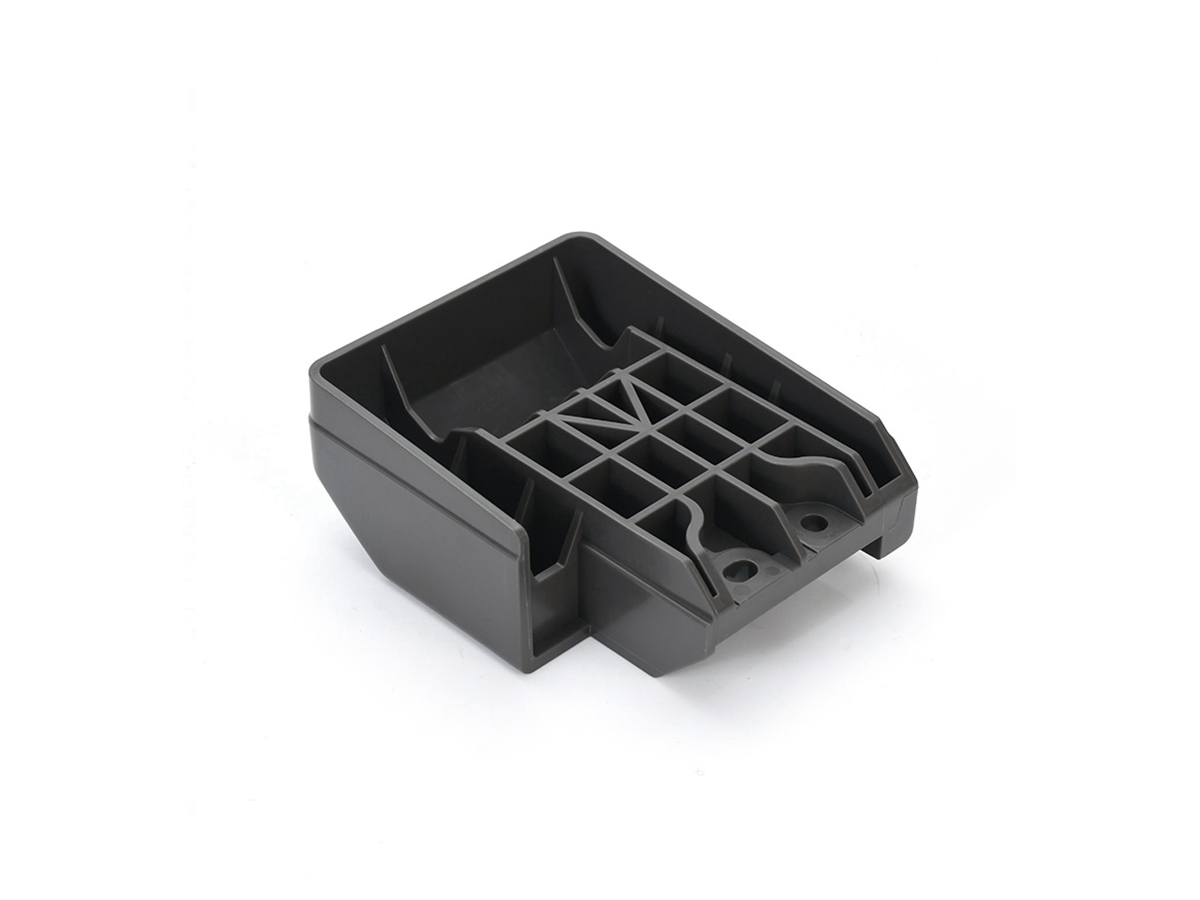What dimensional tolerances can be achieved with plastic CNC machining?
Standard and Tight Tolerances for Plastic Parts
The dimensional tolerances achievable in plastic CNC machining depend on the material and part geometry. For most engineering plastics, we routinely hold standard tolerances of ±0.1 mm (±0.004"). With stable materials and optimized processes, Precision Machining Service can achieve tighter tolerances of ±0.025 mm (±0.001") or better on critical features.
Factors Influencing Tolerance Capability
Several factors affect the final tolerances. Amorphous plastics like Polycarbonate (PC) and ABSNylon (PA) or PEEK can be more challenging due to their tendency to absorb moisture and expand.
Process Control for Consistent Results
Our Plastic CNC Machining Service utilizes advanced Multi-Axis Machining capabilities to maintain accuracy across complex geometries. We control factors such as tooling selection, cutting parameters, and fixturing to minimize stress and heat, which are crucial for preventing deformation in plastics.
Post-Machining Stability and Finishing
For applications requiring extreme dimensional stability, some plastics may benefit from post-machining thermal treatments. Additionally, certain Surface Treatments can be applied without significantly impacting critical dimensions, enhancing the part's performance and aesthetics.
Application-Specific Tolerance Guidelines
In high-precision industries like Medical Device and Automation, we specialize in holding tight tolerances on components such as gears, bushings, and sensor mounts. We recommend consulting with our engineering team during the Prototyping Service phase to determine the optimal balance between tolerance requirements, cost, and material selection for your specific application.



